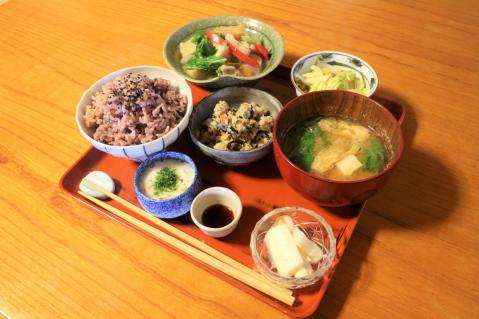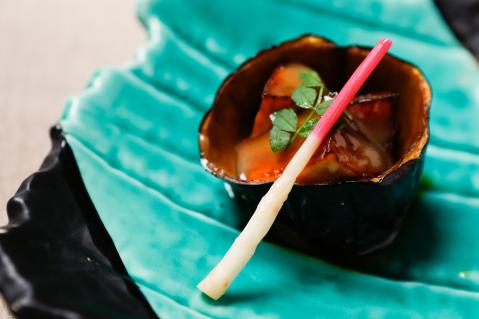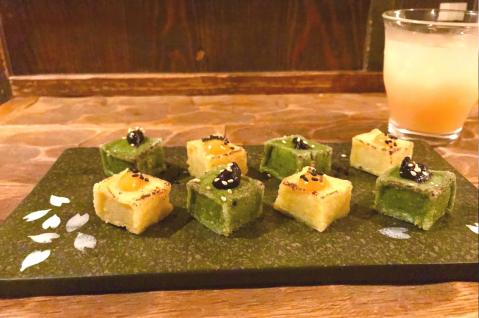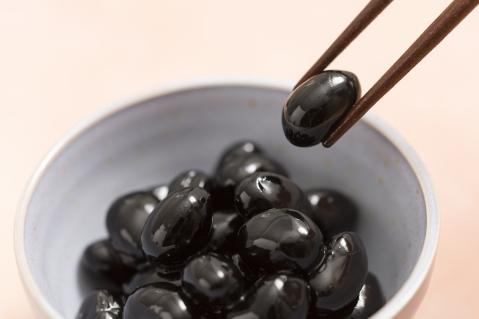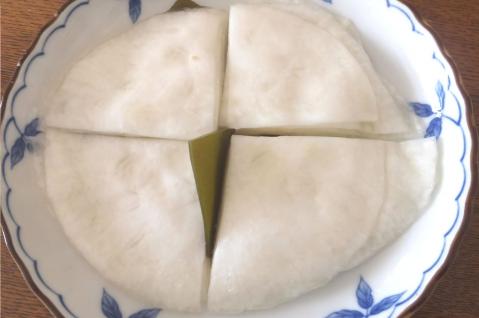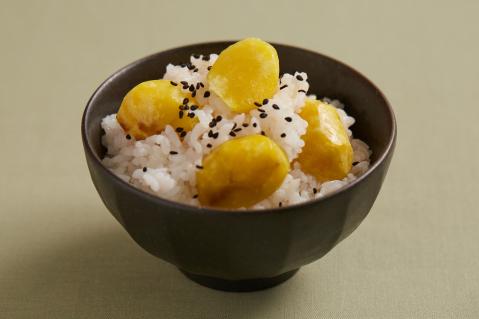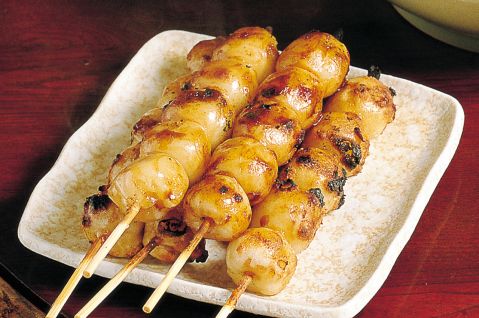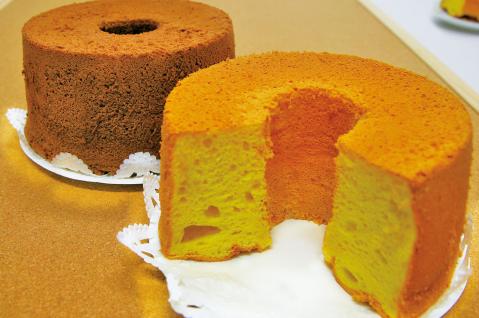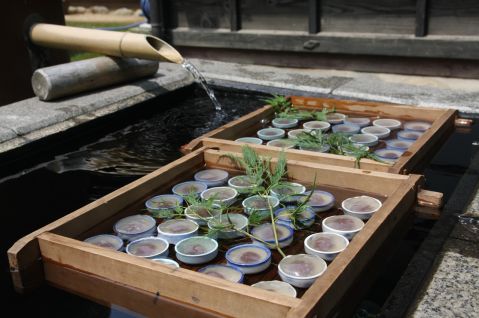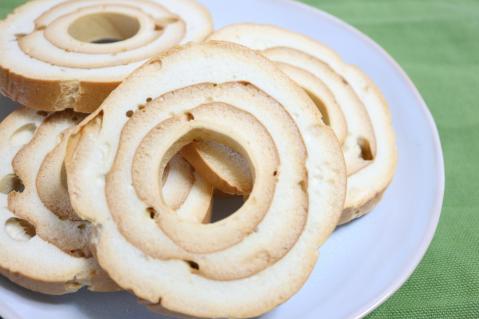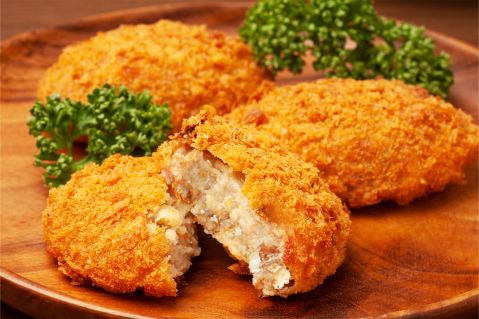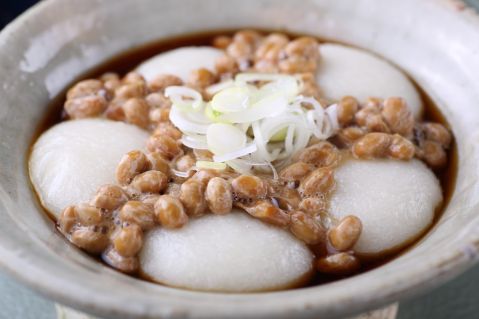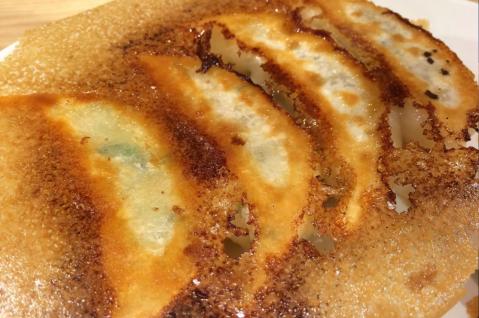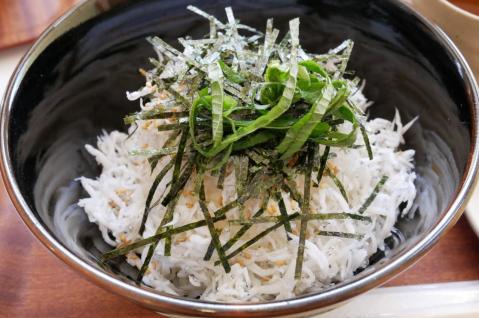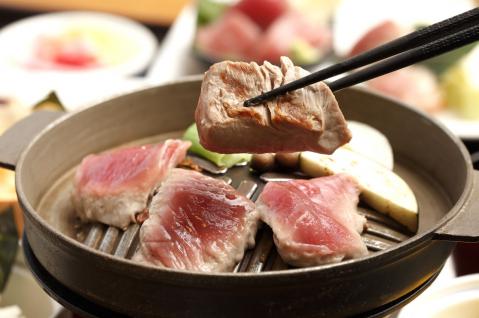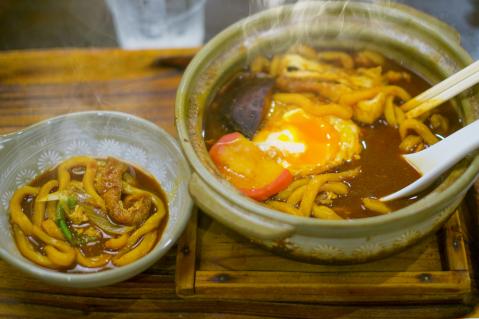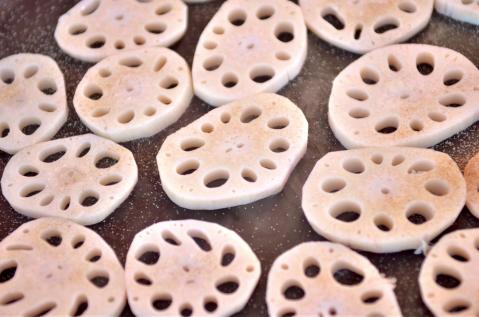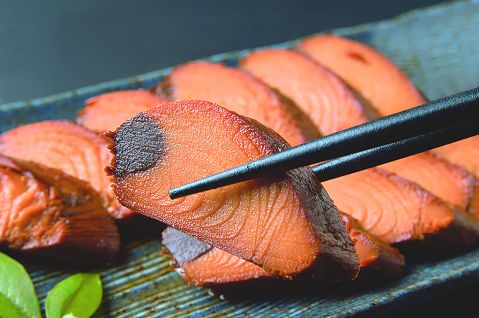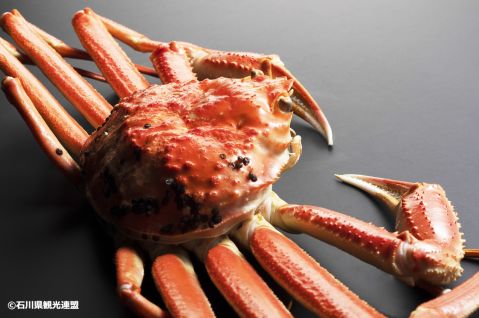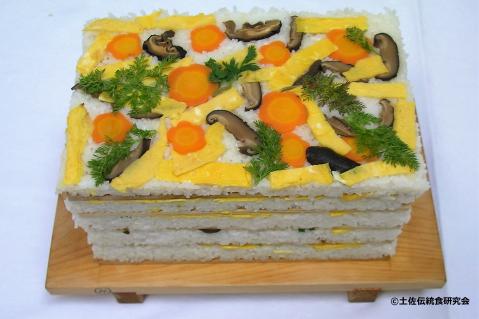Natto Mochi
The traditional taste from the birthplace of natto
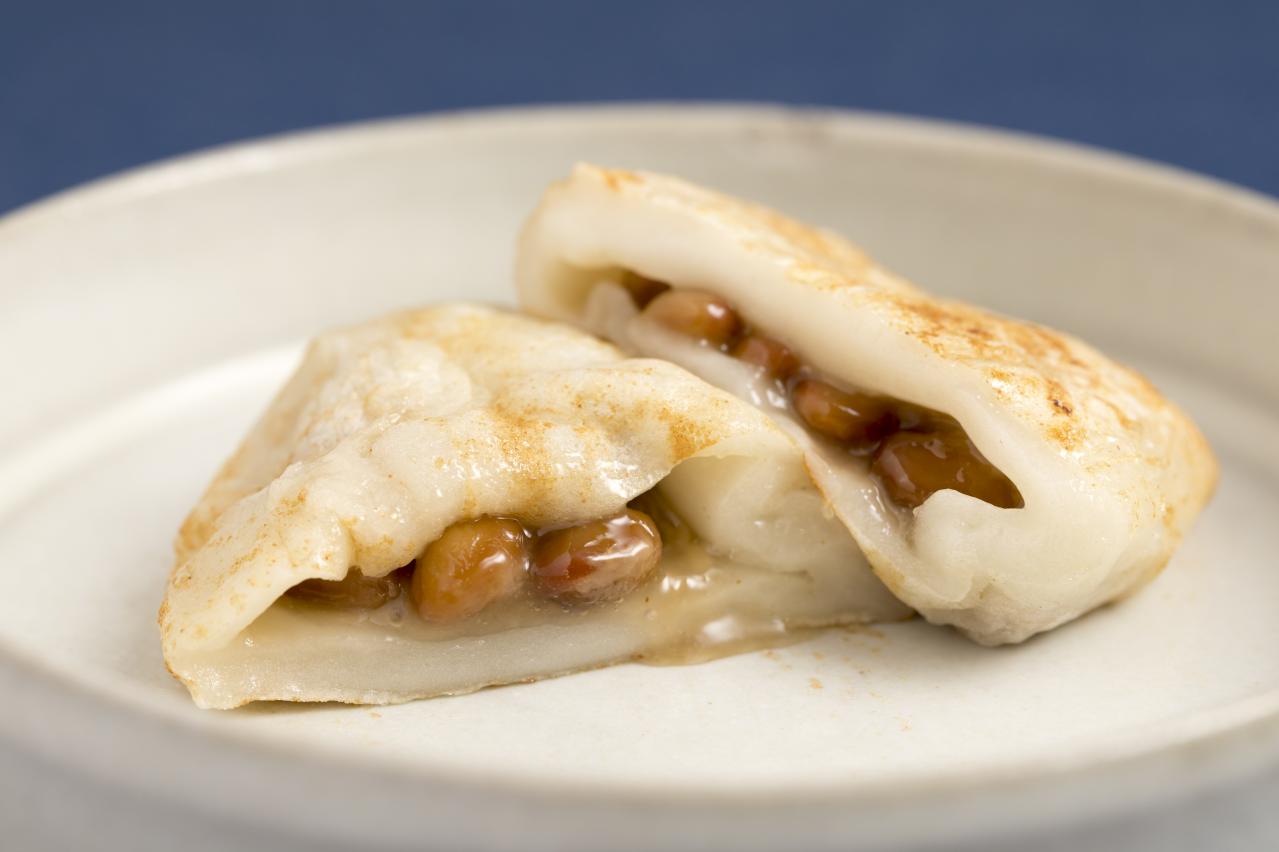
About Natto Mochi
Natto Mochi (納豆餅, Natto mochi) is a cherished dish with deep roots in Japan's culinary history. While the exact origin of natto remains a topic of debate, Kyoto Prefecture is one of the places believed to have given rise to this unique fermented soybean creation.
Legend has it that Emperor Kōgon of the Ashikaga era, who trained at Jōshōkōji Temple in the Keihoku region of Kyoto’s Ukyo Ward, was first introduced to natto when villagers presented him with boiled soybeans wrapped in straw. Over time, the beans fermented and became stringy, and he found them incredibly delicious. Illustrations stored at the temple depict monks offering straw-wrapped natto, highlighting its historical significance. Natto eventually gained favor at the Kyoto Imperial Palace, where it was regarded as a delicacy and came to be called "natto," meaning "bean offerings."
During that era, natto was considered a rare and precious food, enjoyed especially during the New Year and other celebratory occasions. In addition, the Keihoku region is known as the birthplace of the Yamashiro Troop, a group of peasant soldiers who fought during the Boshin War. It is said that these soldiers often carried natto with them as provisions. The present-day specialty "Yamaguni Natto" from the Keihoku region draws its name from this history.
At a time when food was scarce, natto served as a valuable source of protein. It was often paired with filling and sustaining mochi, and "Natto Mochi" became a preferred dish among the peasant soldiers. Back then, the Natto Mochi was as large as a person’s face, and families would eat a single piece gradually over the New Year holidays.
The tradition of making and enjoying Natto Mochi is not limited to Keihoku. Towns like Hiyoshi and Miyama in Nantan City also maintain their own variations of this dish, with different preparation methods and shapes. In Keihoku, it is customary to eat Natto Mochi accompanied by miso soup during the New Year. Historically, household heads would prepare enough Natto Mochi for each family member at the year’s end to be cherished and enjoyed.
There are two typical ways to enjoy Natto Mochi. In one version, the natto and mochi are pounded together, blending the natto into the dough, which is then grilled until golden brown. The other method involves wrapping natto inside a piece of mochi and coating it with roasted soybean flour (kinako) or other toppings of personal preference. Even hardened Natto Mochi can be grilled until aromatic and enjoyed for its savory and chewy texture.
Related videos
Reviews
There are no reviews yet.
Regional cuisine of Kyoto region
Japanese Cuisine - Local cuisine
Kind of food
Recommended
-
![Pan-fried Gyoza with Crispy Wings]()
Pan-fried Gyoza with Crispy Wings
Tokyo / >Local cuisine -
![Shirasu Don]()
Shirasu Don
Wakayama / >Don dish -
![Fukaura Tuna Steak Bowl]()
Fukaura Tuna Steak Bowl
Aomori / >Don dish -
![Miso Nikomi Udon]()
Miso Nikomi Udon
Aichi / >Soba & Udon -
![Iwakuni Lotus Root]()
Iwakuni Lotus Root
Yamaguchi / >Local cuisine -
![Miyazaki Katsuo Umikko-Bushi]()
Miyazaki Katsuo Umikko-Bushi
Miyazaki / >Seafood -
![Kano Crab]()
Kano Crab
Ishikawa / >Seafood -
![Kokera Sushi]()
Kokera Sushi
Kochi / >Sushi

